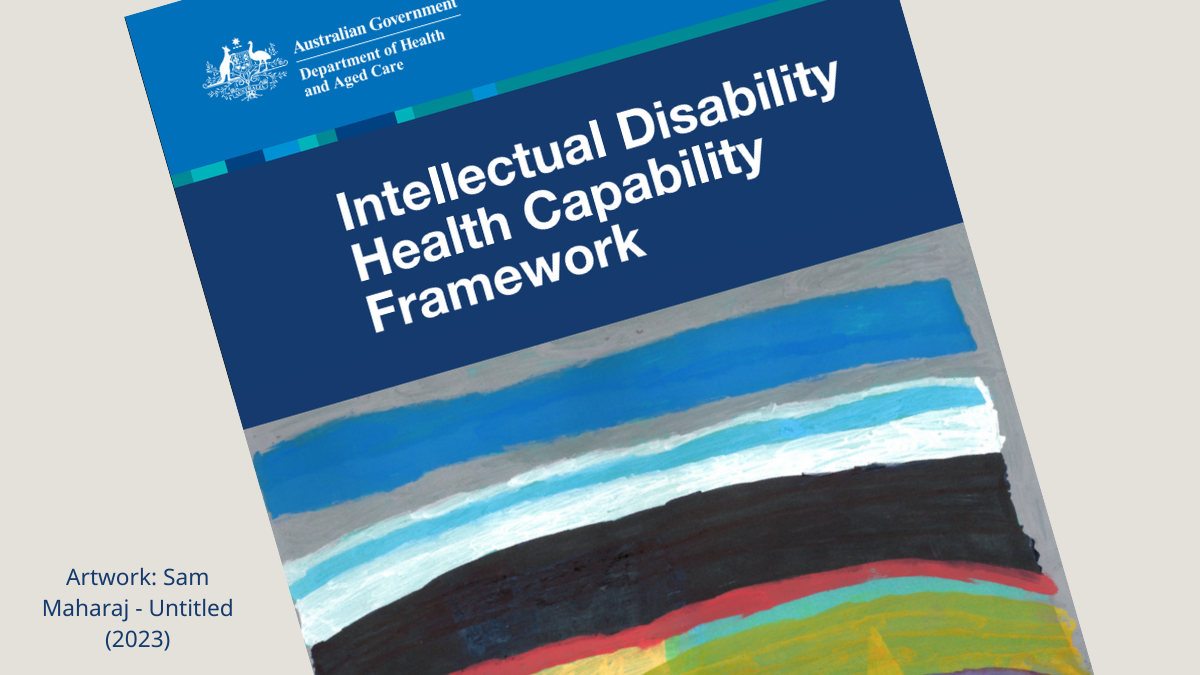By Tahli Hind, Lived Experience Project Officer
Some health professionals in our society do not know a lot about intellectual disability. Students studying to be health professionals do not learn enough about intellectual disability at university.
It is important for health students to learn about intellectual disability early in their education, so they can give good quality health care to people with intellectual disability throughout their career.
The Centre and the Department of Health and Aged Care made the Intellectual Disability Health Capability Framework to help health students become better health professionals. Teaching resources that support the Framework are available for universities to use. These include case studies, lecture and tutorial plans, and videos.
The Framework and resources help students learn skills around communicating clearly with people with intellectual disability and the importance of communicating directly with us during appointments. The Framework and resources have been developed in collaboration with people with intellectual disability.
It is also important for people with intellectual disability to be involved in teaching. Benefits of this include providing students with first-hand knowledge of good and bad health experiences and what helps us feel safe, respected and valued. Students can also ask us questions directly and discuss any concerns they may have. This can help students to feel more comfortable and confident to work with people like us.
We encourage educators to download the Framework and resources here. People with intellectual disability can support the push for more teaching in this area in universities by downloading the Easy Read information to learn more about the Framework. They can also spread the word about the Framework among their networks.
You can read more about the Intellectual Disability Health Capability Framework on our website.
Tahli Hind is a lived experience co-researcher at the Centre, working on a number of projects in preventive, palliative, and mental healthcare. She also provides lived experience expertise to research goals and methods, and enhances the accessibility of research communication.


